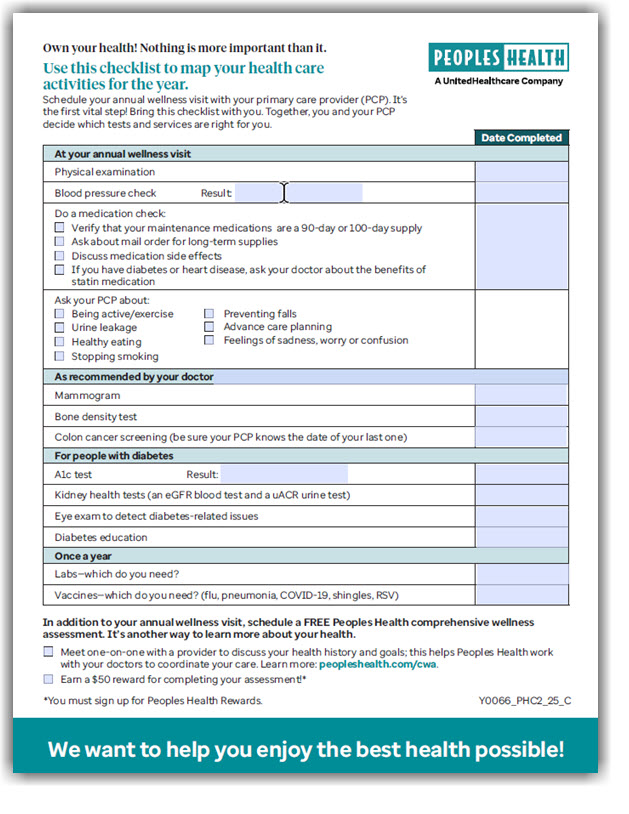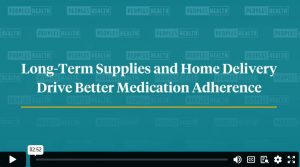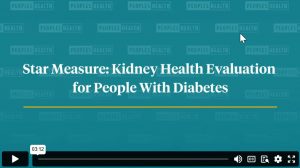A variety of toolkits are available on Optum’s providerexpress.com to help you address the behavioral health needs of your older adult patients.
These include but are not limited to:
- Screening tools for depression and anxiety, bipolar disorder, substance use disorder, cognitive impairment, and PTSD and other trauma-related conditions
- Clinical guidelines and best practices for Alzheimer’s disease and dementia care, chronic pain management, suicide prevention, and medication adherence strategies for depression and psychosis
- Treatment guideposts for conditions such as bipolar disorder, major depressive disorder, substance use disorders and schizophrenia
- Provider training tools
- Behavioral Health Identification, Treatment and Referral in Primary Care: 3-Part On-Demand Series – register for and complete this webcast series to earn CME credit
- Optum Health Education – explore live and on-demand education options on various topics for CME/CE credit
As a reminder, NCQA updated two HEDIS® care measures for 2025 for post-discharge mental health appointments within seven days of discharge. Follow-up care is not limited to a licensed mental health provider. Both medical providers and non-licensed mental health providers can close gaps by conducting the appointments.
New services and codes are allowed, including:
| G0140 |
H0038 |
S9445 |
|
G0177 |
H0046 |
T1012 |
|
H0024 |
H2014 |
T1016 |
| H0025 | H2023 |
See full billing and service code lists:
Follow-up After Hospitalization (FUH) for Mental Illness Billing Code List
Follow-up After Emergency Department Visit for Mental Illness (FUM) Billing Code List
More Resources for Prevention and Early identification
Behavioral health conditions frequently co-occur with chronic medical illnesses, complicating diagnosis, treatment and patient outcomes, as patients with co-occurring conditions often require coordinated care across systems. Primary care providers are uniquely positioned to identify and manage these comorbidities early.
A number of resources are available that provide health and wellness information to prevent or improve the prognosis of many behavioral health and chronic medical conditions:
Health and wellness
US Department of Veterans Affairs Healthy Living portal
National Alliance on Mental Illness
Centers for Disease Control and Prevention
Condition-specific information and support
Human Immunodeficiency Virus (HIV)
Intellectual & Developmental Disabilities














